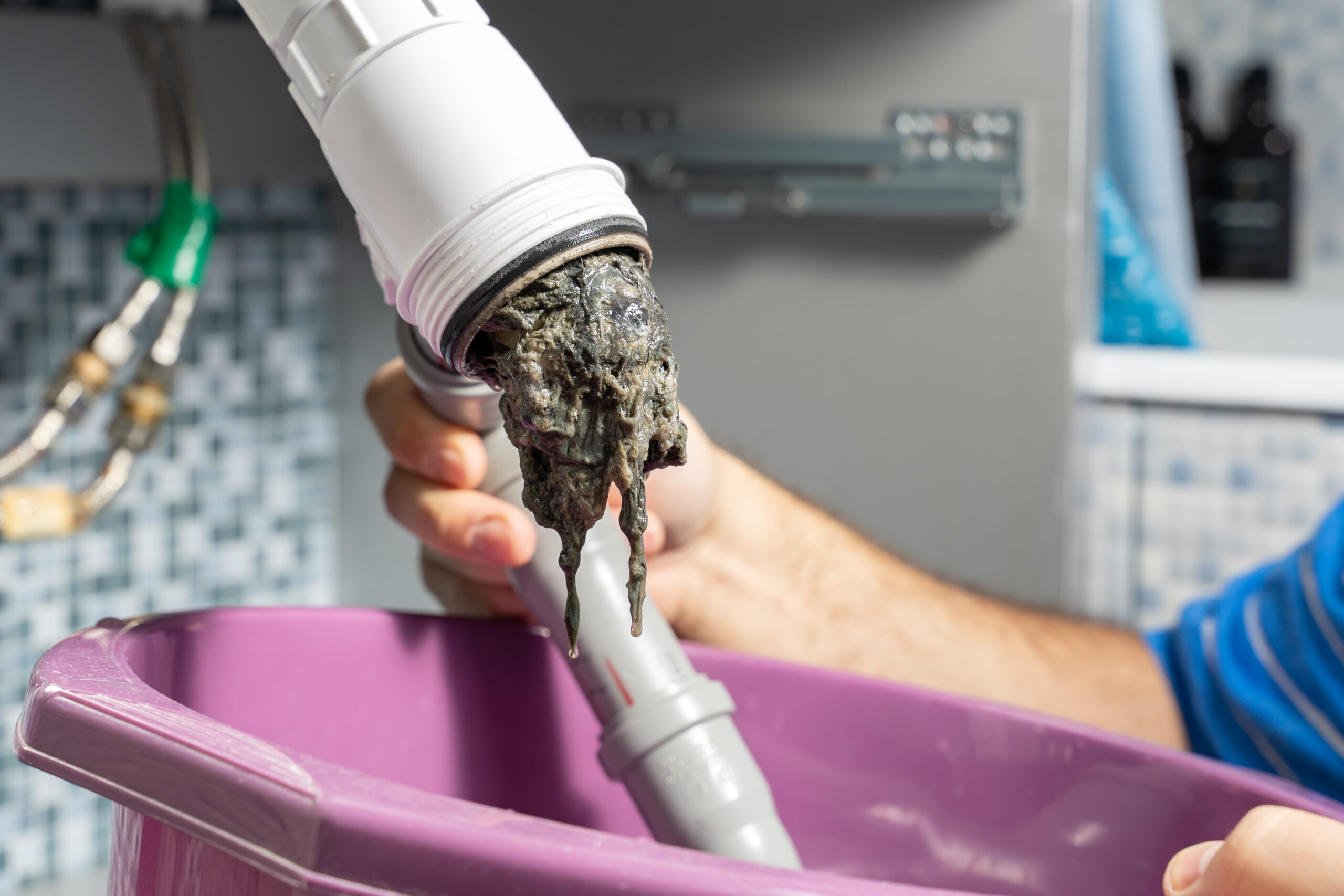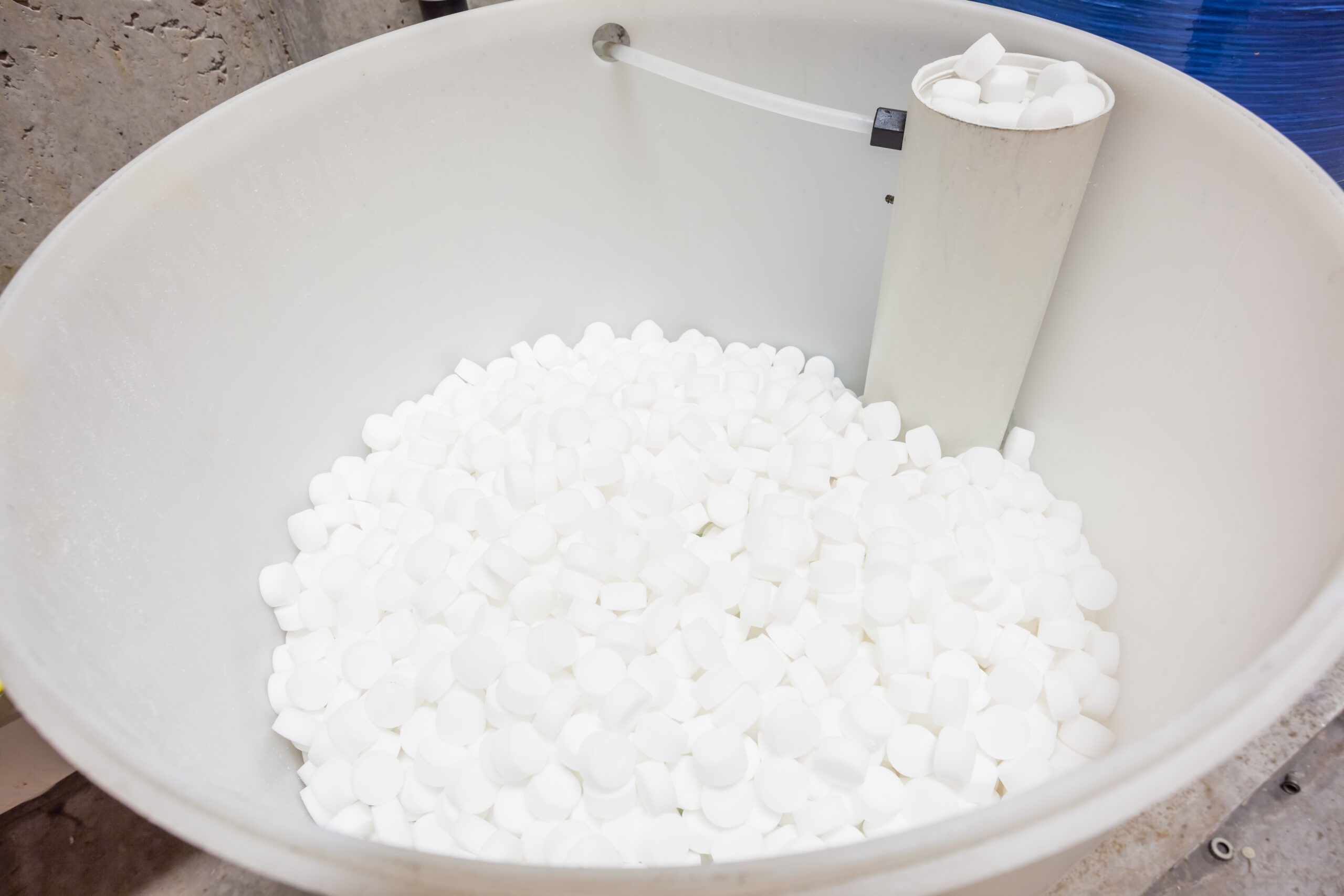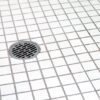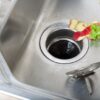Category: Uncategorized

Tips to Prevent Drain Issues
As a homeowner, it is extremely important to have your drains tested and cleaned. This should be done every two years to help ensure that everything is working properly and nothing harmful has built up in your plumbing system. To prevent this from happening in your home, continue reading our blog for some helpful tips on preventing drain issues.
The importance of cleaning your drain
Clogged drains can become a serious problem fast as drains are probably one of the hardest working functions in your home. They work nonstop, whether it be in the kitchen where food and grease go down or the bathroom with hair and other particles. If untreated, you will begin to have buildup of unwanted residue in your sinks. But, most important, keeping your drains cleaned will keep you from making expensive repairs.
Take care of what goes down your drains
An important tip that you should keep in mind when preventing drain issues is what you pour down them. There are many things people typically pour down their drains that will cause serious and costly damages. Here are some items to avoid pouring down your drain:
- Grease and cooking oil
- Coffee grounds
- Butter and margarine
- Pasta
- Rice
- Flour
- Flushable wipes
- Paint
- Candle wax
- Chemicals
Cleaning and rinsing out your drains weekly
Rinsing and cleaning out your drain weekly is important because you are removing food particles and debris that typically get caught in your pipes. The leftover food will cause bad odors in your kitchen that can linger around the house. The lifespan of your drain will increase if you clean them properly. This will minimize the damage that is caused over its lifespan. When cleaning the drain in your kitchen, you should be running cold water down your drain with the garbage disposal turned on. In your bathrooms, you should run hot water down the drains weekly, this will ensure that there is not a buildup of hair or grime. When showering, have a drain hair catcher, this will collect all the hair and keep it from going down your drain and causing buildup.
Use your toilet properly
One of the main issues homeowners have when dealing with drain problems is not using their toilets properly. We tend to use our toilets as trash cans and basically put anything down them. The only thing that should typically be flushed is toilet paper, flushing other products will typically clog your drains, contaminate your water, and cause many other serious problems.
Robillard services
If you are having drain issues or want to avoid them in the future, our trusted plumbers at Robillard Plumbing are at your service. We offer full-service drain cleaning that includes inside-main, bathrooms, kitchens, and more. Contact us today for more information or to schedule a drain cleaning service.
Read More
Choosing the Right Water Softener Salt for You
Owning a water softener comes with routine salt checks and maintenance to keep the levels proper. However, many homeowners say their knowledge is limited when it comes to the salt options themselves. Understanding the functions of water softener salts and their effects will help you choose the right one for your home. Continue reading our blog to learn more.
HOW WATER SOFTENER SALTS WORK
While a variety of water softener salts are available, they can be broken down into two primary categories that essentially operate the same way during the water softening process. The two categories are sodium chloride and potassium chloride.
So, how do softener salts work? Softeners run hard water through a mineral tank containing negatively charged resin beads. There, the positive hard water ions bind to the beads to be removed and exchanged. The “softer” ions that replace the hard water ions and regenerate the resin beads are either potassium or sodium, depending upon which salt type you choose.
WHAT TO CONSIDER WHEN PURCHASING SOFTENER SALT
There are many things to consider when choosing a softener salt, however we believe the top three impacts to consider are your health, cost, and the environment. Let’s take a deeper dive into what this means:
- YOUR HEALTH: Individuals with high blood pressure should especially avoid sodium chloride softener salt because of the extra sodium intake. While our bodies require some sodium to function, the U.S. Food and Drug Administration (FDA) recommends that we limit our daily intake to 2,300 milligrams per day. Individuals with high blood pressure should opt for potassium-based salts for their home water softener to decrease sodium absorption.
- COST: Potassium chloride tends to cost more because of the difficult harvesting process. Although price tends to be higher, these salts can vary in price based on purity levels and harvesting methods. Cost tends to be a major reason potassium chloride is avoided.
- THE ENVIRONMENT: Sodium chloride softener salt produces sodium-heavy wastewater that can be harmful to the environment when it is discarded. As potassium is an important nutrient for vegetation, potassium chloride is the eco-friendly choice out of the two.
Understanding the differences between the primary types of water softener salt will help you make the decision that is right for your home. As both types of salt function the same, the deciding factor will come down to cost, your health, and environmental effects.
Robillard Plumbing offers professional water softener installation and repairs, along with a full range of plumbing services and products. Contact us to learn more.
Read More


